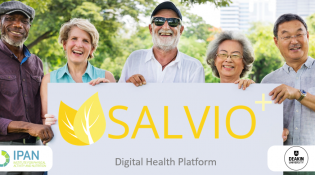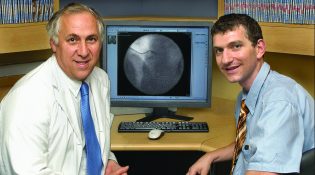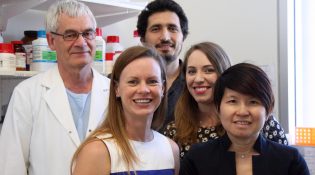Have you suffered from a cardiac event and are now self managing your heart disease condition? Researchers are looking for adults with a diagnosis of cardiovascular disease to trial this new platform (no technology experience necessary) Deakin University is funding a pilot research project trialling a home-based digital health platform (Salvio) to help manage your










